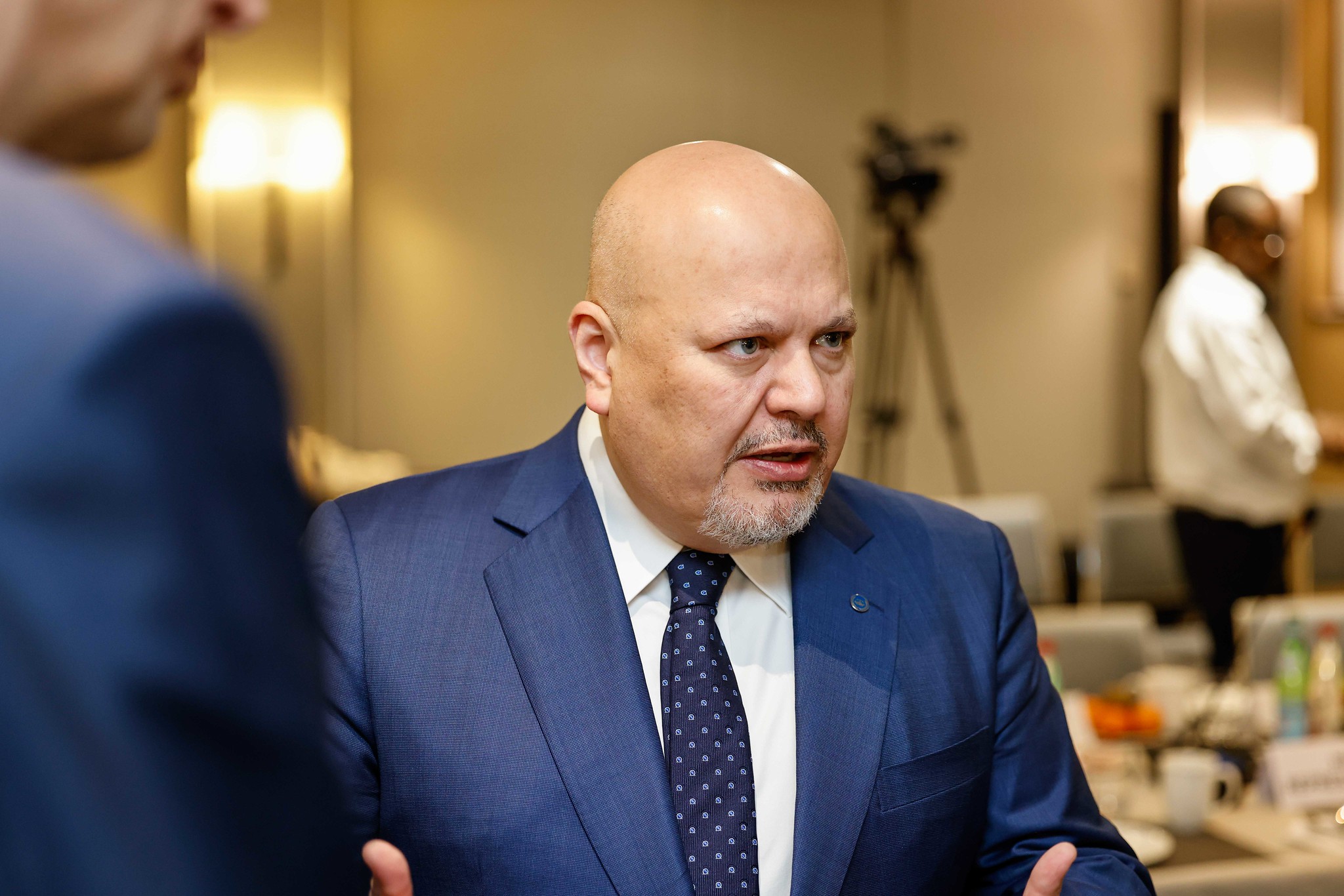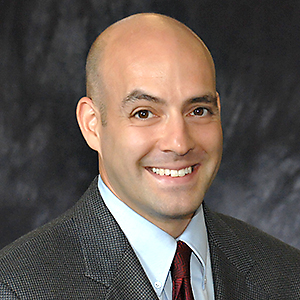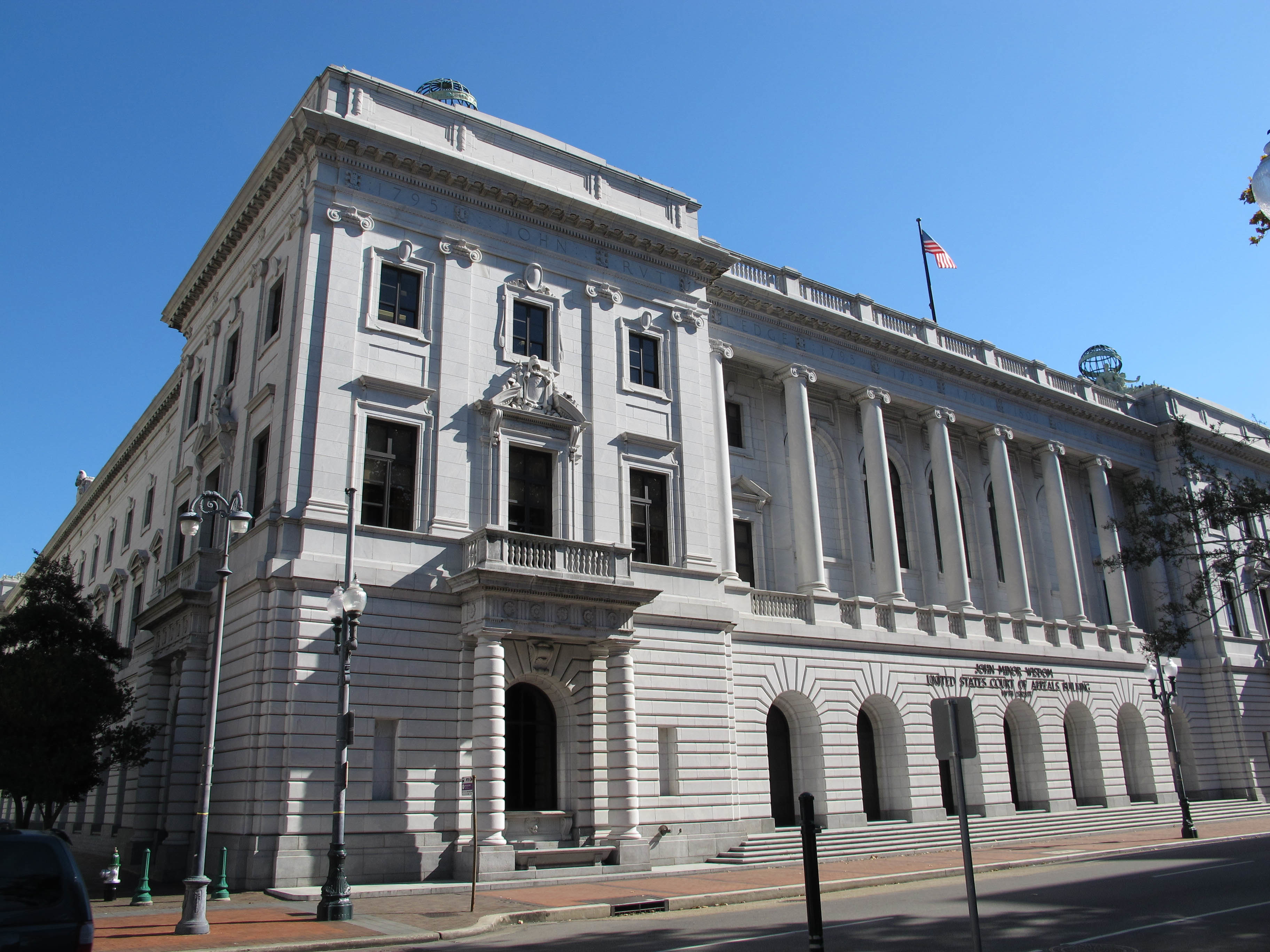The ICC’s Impact in Ukraine
Given the unprecedented levels of attention and resources that the ICC is receiving for its Ukraine investigation, as well as potential indictments in the near future, it’s worth considering how the court’s impact in this case should be evaluated.

Published by The Lawfare Institute
in Cooperation With

It has been nearly eight months since the International Criminal Court (ICC) launched its formal investigation in Ukraine. The intervening period has featured a steady stream of information regarding possible crimes (the great majority committed by Russian forces) including torture, execution, sexual violence, kidnapping, and targeting of civilians and civilian facilities.
While public information on the state of the investigation is understandably limited, it is possible to make some informed speculation about the state of play at the ICC based on public reporting and on the court’s past practice. It is also not too early to begin thinking about how the court’s impact in Ukraine should be evaluated.
Cooperation and Resources: As Good as It Gets?
The most striking features of the court’s investigation are the broad access and ample resources that it enjoys compared to many other past or ongoing court investigations. In several other situations, including Sudan, Libya, Palestine, Burundi, Myanmar, and the Philippines, the prosecutor’s office has either lacked access to the territory in question or has faced significant obstacles in taking investigative steps in the country.
By contrast, the chief prosecutor, Karim Khan, has already visited Ukraine several times. In April, he traveled to the newly liberated city of Bucha to view mass graves and to hear firsthand about alleged atrocities committed there. Khan visited again in June, when he journeyed to Kharkiv and held meetings with various Ukrainian government ministries. The prosecutor described the ICC team he has sent to the country as “the largest ever single field deployment by [his] Office since its establishment.”
This substantial ICC investigative team appears to be working in Ukraine on a near permanent basis. Khan stated in a recent interview that court personnel had visited Izium and Kharkiv and that they were on the ground during recent Russian missile strikes on Ukrainian cities. The recent Ukrainian advances are likely creating substantial new opportunities for these investigators. Their ability to visit areas that Russian forces have evacuated should allow them to document vital evidence of crimes. In some of these places, the speed of the exit likely limited the Russian forces’ ability to destroy evidence and otherwise cover up atrocities.
This ICC team is operating in the context of ample investigative resources provided from outside the prosecutor’s office. At the political level, the investigation enjoys support that no other investigation has; after the Russian invasion, more than 40 ICC members referred the situation in Ukraine to the court. In March, the European Union’s arm for judicial cooperation, EuroJust, created what it calls a “joint investigation team” (JIT) for Ukraine with which the ICC is cooperating. That team initially included personnel from Lithuania, Poland, and Ukraine and was expanded a few months later to include Estonia, Latvia, Slovakia, and Romania. In May, the EU, the United Kingdom, and the United States announced the creation of an Atrocity Crimes Advisory Group to assist investigations. The prosecutor has said publicly that Dutch, Belgian, and French investigators have either been seconded to the ICC or worked with ICC teams, including in gaining access to cell phones and other electronic sources of information.
The question of direct support to the ICC from the U.S. government is, as always, complicated. Legislative proscriptions on many forms of support to the court mean that the Biden administration has to tread carefully. The New York Times reported in April that the administration was “vigorously debating” whether and how to work with the court and, in speeches about policy toward the court, U.S. officials have been careful not to elaborate publicly on what steps they may be taking to assist the ICC in Ukraine.
While assistance from foreign experts is undoubtedly helpful, the most important relationship for the ICC team is likely the one with the Ukrainian authorities. As the first responders, they will presumably have the best access and information about possible crimes; as the sovereign government, they will have the final word on who gets access to particular sites, witnesses, and information and in what order. Ukraine also has in custody a number of Russian prisoners of war who may be of interest to the ICC team.
While it is difficult to know the dynamics behind the scenes, there appears to be strong and sustained cooperation between the prosecutor’s office and Ukrainian officials. The chief prosecutor met recently with Ukraine’s newly appointed chief prosecutor in The Hague. For his part, Ukraine’s foreign minister told the U.N. Security Council that the relationship with the ICC is close:
Ukrainian law enforcement together with partners in the International Criminal Court and countries who support both Ukraine and the ICC work collectively to collect evidence of Russian crimes and hold perpetrators to account. We trust in the International Criminal Court. Justice will be served.
A high level of cooperation is not surprising, given what appears to be the overwhelming focus on the investigation on alleged crimes by Russians. Yet it would be unusual if there were not elements of tension, including over how to apportion investigative responsibilities, handle physical evidence, and interview witnesses. As the conflict wears on, there could also be frustration on the Ukrainian side about the deliberate pace of the ICC investigation and the investigative avenues it is choosing.
Court inquiries about possible Ukrainian crimes may also produce friction. In the past, the ICC has often endeavored to bring cases against all parties in a conflict, and there have been several reported Ukrainian actions that the prosecutor may want to investigate. The Ukrainian authorities are not likely to facilitate those investigations. And there is past precedent for good relations between a government and an international court turning sour: The international tribunal’s relationship with the post-genocide government in Rwanda deteriorated in part because investigators wanted to explore the involvement of some of its forces in alleged crimes.
If cooperation with Ukraine is extensive at the moment, the opposite is true regarding Russia. In April, the prosecutor reported that he had sent several requests to the Russian government without a response. Russian diplomats have described the ICC investigation as politically motivated and fundamentally flawed. “This body has lost its credibility with us,” Foreign Minister Sergey Lavrov told the U.N. Security Council last month. Absent fundamental political change (and perhaps even with such change), there is no reason to expect that Moscow will shift from its hostile stance.
Targets of Opportunity
The latest wave of missile and drone attacks against Ukrainian cities—several of which have produced civilian casualties—will undoubtedly increase pressure within the prosecutor’s office to show that the investigation is producing results. The prosecutor obliquely acknowledged that pressure recently when he spoke of making the law have meaning for those most directly affected by the conflict:
The current moment is so full of tension and concern and when we have threats of nuclear weapons, we really do need to put the law into action. … [A]s long as we do our job properly, the international community has a responsibility to make sure the law is not full of pious promises and giving false hope, but is something that can be felt by those that need it the most[.]
Previous ICC investigations suggest a wide range of possible timelines. In certain investigations, the prosecutor’s office moved expeditiously to bring charges. In Libya, for example, only three months elapsed between the opening of the investigation and the announcement that the prosecutor would seek charges against senior officials. By contrast, the prosecutor’s office moved at a glacial pace in its Georgia investigation, taking more than six years to issue arrest warrants (and the timing of those may well have been related to the outbreak of conflict in Ukraine).
In considering the timing of charges, there is a natural tension between the prosecutor’s desire to show progress and the need to ensure that cases are prepared adequately for trial (however unlikely trials might be). In the past, the prosecutor’s office has been forced to drop charges in several cases that could not withstand the rigors of the pretrial and trial process. Other cases have produced acquittals.
The timing of possible charges is also likely related to how high up the chain of command the ICC seeks to go. During one of his recent trips to Ukraine, Khan spoke in sweeping terms about the possible scope of investigations. “Every person who picks up a gun, drives a tank or launches a missile,” he said, “should know that they can be held accountable where crimes are committed.” In practice, the ICC will have to be highly selective. Even with the access and resources described above, the court will likely pursue only a handful of cases, as it has never brought more than a half dozen arrest warrants in any single investigation.
Public attention to the international investigation has understandably centered on whether senior Russia leaders might be charged with crimes. That focus is reflected in prosecutorial policy documents as well, which have consistently emphasized that the court should hold accountable “those most responsible” for serious crimes. Satisfying as they would be, however, charges against senior Russian leaders still appear unlikely, particularly at this stage of the investigation.
The international crime that is by far the easiest to pin on Russian President Vladimir Putin and his senior ministers is aggression. While aggression is now a fully defined and operational crime, it is not available to prosecutors in this situation because Russia is not an ICC member (nor has it otherwise consented to aggression prosecutions). The prosecutor can therefore only bring charges against Russians for war crimes, crimes against humanity, and genocide. These crimes are harder than aggression to connect directly to Russian leaders because leaders rarely issue direct orders to commit crimes. Even if they did do so, they would rarely document doing so.
In the absence of direct evidence that crimes have been ordered, building cases against senior leaders likely would require showing a sustained pattern of conduct that can be legally connected to leadership levels. These “command responsibility” cases are certainly possible, but they are time consuming because they often require demonstrating a sustained pattern of conduct across time and space and then demonstrating that senior leaders knew (or had reason to know) that crimes were being committed. While the culpability of Russian leaders for crimes seems manifest to much of the engaged public, proving that responsibility in court requires a much higher level of evidence.
A few shortcuts to charges against senior Russian leaders could materialize. For example, there have been intriguing reports recently of insider defections from Russia, including by members of the intelligence service. Intelligence intercepts from Western governments also might provide information directly linking senior Russian leaders with crimes on the ground. But all governments guard such information closely, and they may choose not to share it with the court, at least not in a way that can be used to build a public case.
Therefore, the first indictments may well come not against senior Russian leaders but against mid-level Russian commanders in situations where the prosecutor finds strong evidence that a particular unit was involved in atrocities. Crimes like those committed in Bucha would appear to be a natural first target. The numerous communications intercepts between soldiers and local commanders that have appeared in media accounts suggest that there may be a trove of incriminating evidence regarding specific battlefield orders.
For the prosecutor, there is often a tactical question as to the advisability of making indictments public or keeping them sealed to increase the chances of catching a suspect unawares. In this case, the balance tilts decisively toward making indictments public. Russian commanders are unlikely to travel internationally in the foreseeable future, and the odds of catching a secretly indicted individual by surprise appear quite low. Public indictments of individual commanders also could have a deterrent impact on the ground, although it is difficult to imagine that this effect will be significant.
One possibility that might allow for the ICC to gain custody and conduct an early trial is that Ukraine could hand to the ICC a Russian soldier or officer already in custody. In response to media questions, Khan indicated that such a transfer is a possibility. But even here, there are potential complications. The Ukrainian government has to think about possible exchanges of prisoners and may want to keep any officers that it does have on hand for future bartering. For its part, the ICC may decide that bringing a case against a relatively low-level defendant is not worth the effort and expense involved.
Gauging the Court’s Impact
Given the unprecedented levels of attention and resources that the ICC is receiving, the stakes for the court are high. If it cannot achieve substantial success in an environment as propitious as this one, the court’s standing with member states—and particularly some of its strongest European backers—may be at risk. The phenomenon of donor fatigue is real, and it could soon hit the campaign for justice in Ukraine.
As always with international justice, however, the question of how to define success is not a straightforward one. It is quite possible, for example, that the court may end up issuing a dozen arrest warrants for mid-level Russian commanders who never appear before the court and whose trials are therefore impossible. Investigators may never feel confident that they have developed enough evidence to connect senior Russian leaders with crimes on the ground. The Ukrainian government may conduct a far larger number of prosecutions than the ICC, although presumably of lower-level officers and soldiers. This kind of outcome would not necessarily be a failure of international justice, but it would certainly be quite different from what much of the public expects. And for a still fragile ICC, addressing the gap between expectations and outcomes could become quite important.
There are also ways of thinking about ICC impact in Ukraine that go well beyond the number of arrest warrants and trials. Has the ICC investigation helped focus and coordinate the multiple efforts underway to achieve accountability? Has its investigation served as a repository for information that national judicial authorities can draw upon? Has the ICC been able to train and assist national investigators? At some point, the court’s senior leadership may want to start outlining its own vision of success in what is already an unprecedented investigation.





